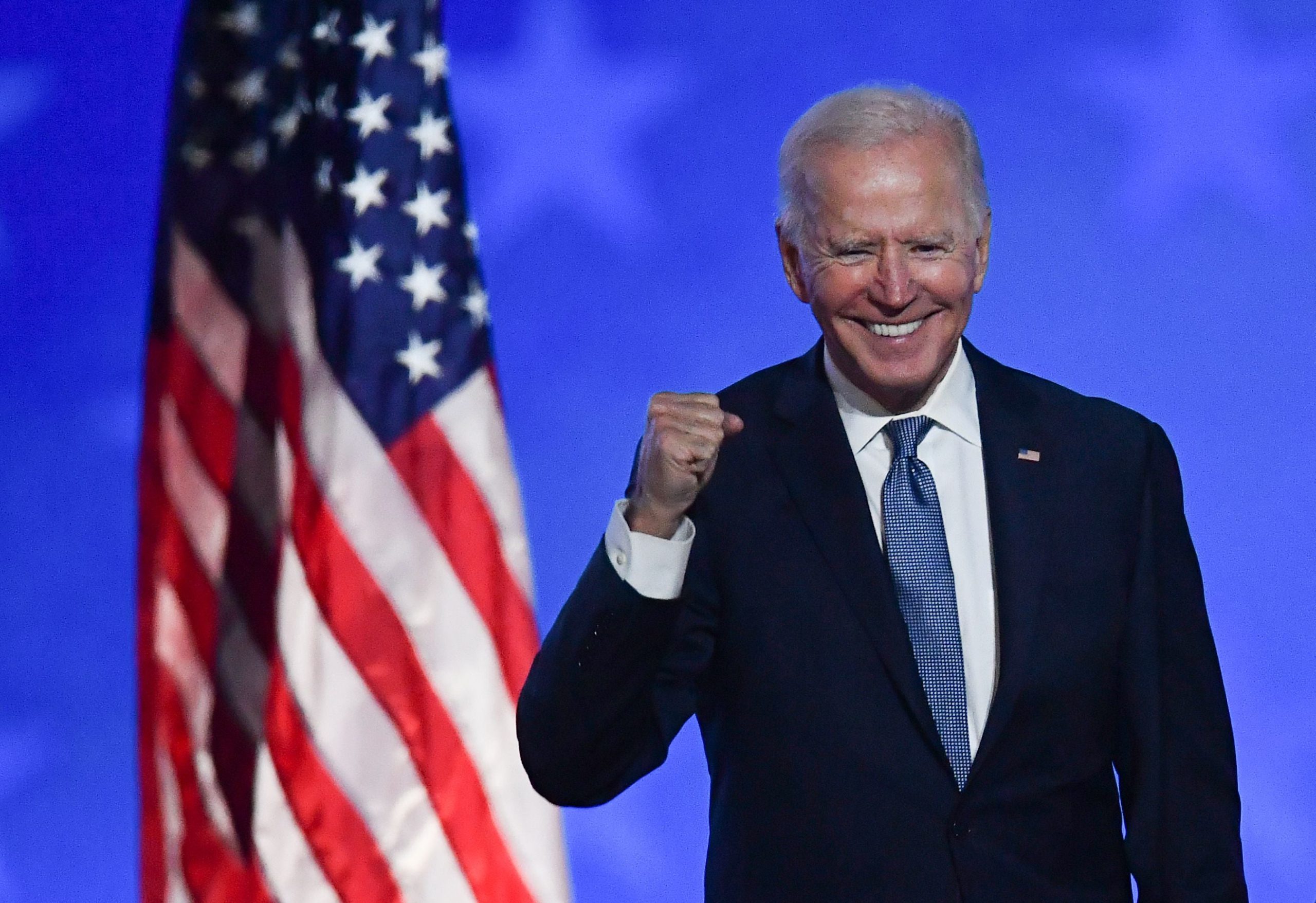With Joe Biden winning the electoral college the US will swear in a new President on January 20th. Risks remain to markets from legal challenges and sniping from the side lines from the Trump campaign but we can now start looking at what the Biden administration means for the world.
No consensus
It became clear quite early on election night that the ‘blue wave’ of a Democratic sweep and a repudiation of Trump’s policies of the past four years was not going to happen and Senatorial results have confirmed this.
While there is no chance of a Democratic majority in the Senate, two special elections in Georgia in January offer the chance of a tied Senate with Vice President Harris acting as the tie-breaking vote. This is a long shot however and we believe that the Senate will remain in overall Republican control.
We have to prepare ourselves for a certain level of gridlock with a Republican Senate and a likely Democratic President which will limit the size and efficacy of any stimulus plan that can be put together to aid both US businesses and consumers through what will be a tough, Covid-19 affected winter. Democrats floated a $4.3trn plan back in September, and we may be lucky to get even a third of that within a gridlocked legislative system.
Similarly, infrastructure spending via a ‘Green New Deal’ looks almost impossible now and subsequently growth, wages and employment will recover slower than markets were expecting heading into the vote.
Covid-19
We have to wonder just how much Trump would have won by if Covid-19 had never been a thing. The core of Biden’s campaign has been the mismanagement of the epidemic by the Trump administration. I think it is fairly safe to say that Trump may have walked the election had the pandemic never hit.
A Biden government is going to be seen to be more active in containing infections with support for states that wish to enact local lockdowns to prevent the spread of the disease. That may hurt growth at the margin if the stimulus bill remains unapproved.
China and Trade
We expect tensions with China to be maintained but a centrist President to maintain some of Trump’s trade policy to avoid looking ‘soft’ on China. As much as Biden would love to come in and cut tariffs on Chinese goods, there is no point in helping an economic rival straight out of the gate.
In the coming months, tariffs will likely be replaced by non-tariff barriers and we expect intellectual property laws to be fiercely debated. That being said, US businesses have struggled with international relations in the Trump administration and a calmer stewardship of trade should boost corporate profits in coming quarters. Some of the rallies that equity markets have already made are contingent on this factor.
Currently we expect that the UK government are unlikely to change their Brexit stance as a result of the US election, but a Biden administration is likely to want to strengthen ties with Germany, France, Ireland and Italy more than they are with the UK.
FX and the USD
A Biden presidency in any shape is eventually something that weakens the USD, it just depends on the speed with which that weakness comes about. Gradually spending will rise, although it will be a battle to hike taxes through a Republican Senate. If the US is looking for stimulus it may have to look at the Federal Reserve to do some of the heavy lifting, offering another route to a lower dollar.
In a world of relative returns, if the UK, Asia or the Eurozone are able to turn the corner on a recovery from the pandemic faster than the US, driven by appropriate stimulus spending locally, then we would expect the dollar to lag GBP, EUR and some emerging market currencies moving forward.
Legal issues
The major outlier remains the chance that Donald Trump presses ahead with a legal challenge to any loss that he may suffer in the election in a bid to hold on to power.
The major fallout from this plan would be in financial markets with a wider increase in the value of the USD, and a global pull lower in equity markets.
We have our doubts Trump will follow through on this plan however, given the absence of overt support from Senate Republicans or the Conservative media. Trump has done a lot of things off his own back in the past, but this may be something that causes the establishment to pull him back. Of course, most will say what does he have to lose?










